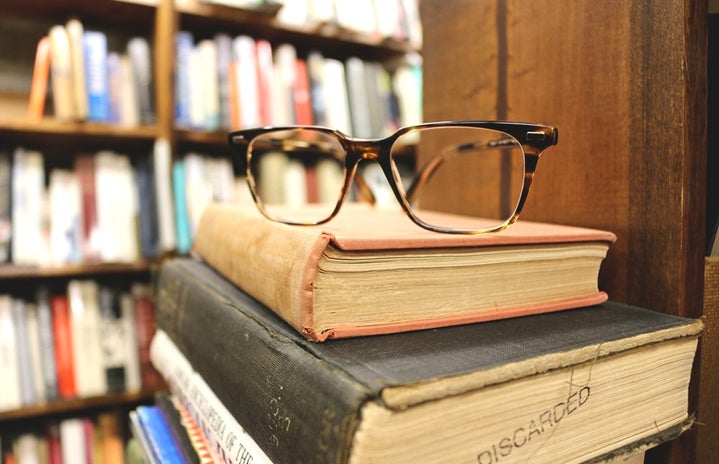Growing up in a small Catholic School in New Jersey, I always wondered why people were underrepresented. We are all the same people, and we should be treated as one. This month of February should be important to everyone since America is the land of the free, and no one should ever be treated any less than that.
To me, a white woman who believes and fights for the equal rights of everyone, Black History Month is about learning who changed history. Being involved in using my voice for the better, I realized how woefully under-educated I was about the accomplishments of people of color since it was never taught to me. Obviously, I knew about the famous black women like Rosa Parks and Harriet Tubman, but it was not until recent research and constantly trying to keep myself informed that I learning about the less famous black women in history. With history, I am still learning about revolutionary women of color that not many people know about.
Being the curious female that I am, I asked around to see if I was the only one that did not know about women of color who helped change the cycle of history. Almost 90% of the people I asked, knew just as much as me. When researching this on the internet, my not knowing about these influential black women is extremely common. According to the National Council for the Social Studies, only 1 to 2 lessons or 8-9 percent of total class time is devoted to black history in United States classrooms.
Because I feel like other black women should be talked about, I have compiled a list of black women that all people should know about and continue to talk about.
- Amelia Boynton Robinson
-
Amelia helped organize the 1965 Selma March and became the first black woman to run for Congress. Though she did not win, her campaign raised much-needed awareness of voter discrimination.
- Althea Gibson
-
Althea was the first black woman to compete at Wimbledon in 1951, she has many victories with her matches and she went on to win singles titles at the U.S. Open and Wimbledon in 1957 and 1958.
- Daisy Bates
-
Daisy helped start one of the first black newspapers that were entirely dedicated to the Civil Rights movement. She also played a huge role in removing school segregation in Arkansas.
- Jane Bolin
-
Jane was one of the first black women to study law and became the nation’s first black woman judge in 1939.
- Marsha P. Johnson
-
Marsha was a crucial LGBTQ activist and trans woman who helped lead the Stonewall riots.
- Marian Anderson
-
Marian was the first black woman to perform at the Metropolitan Opera in 1955.
- Mary Mahoney
-
Mary became the first licensed black nurse in 1879.
None of these black women, or any other black women for that matter, should be left out of our school curriculum. They have changed the course of history for the better and they should forever be talked about.



